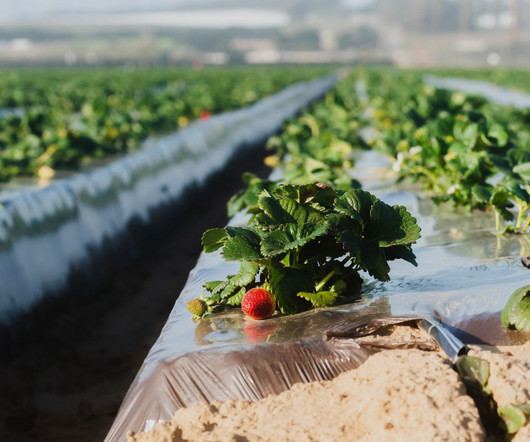Are Next-Gen Synthetic Fibers the Future of Sustainable Textiles?
Modern Farmer
MARCH 1, 2024
Both durable and efficient, with no need for farmland or vast amounts of water, it threatened to leave natural fibers like cotton in the dust. percent of the world’s farmland but uses 4.7 According to its website, the material decays in controlled composting conditions. Polyester was once thought to be a wonder fiber.











Let's personalize your content